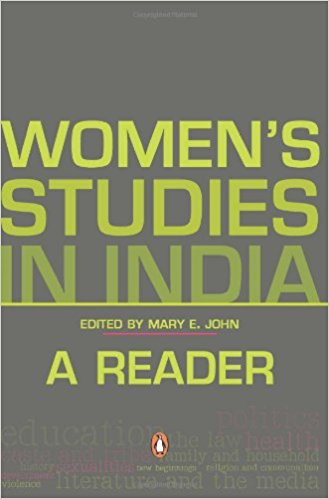During the last two decades, women’s studies have acquired enormous institutional visibility in India. Started as a scheme within the non-formal education by the University Grants Commission (UGC) in 1986, it was institutionalized in a centre for women’s studies within a few universities. At present there are 66 UGC-sponsored women’s studies centres across India. Even though the institutionalization of women’s studies in India has acquired great significance, the intellectual practices of women’s studies remain marginal to the endeavours of these institutions. Indeed, feminist scholarship often seems to remain peripheral to the curriculum and teaching of ‘women’s studies’ in these centres. For instance, very few of these centres could absorb the variety and multiplicities of feminist knowledge practices in their research, teaching, and curriculum. Instead, these centres seem to be seized by the anxiety of making their courses ‘relevant’ to fetch employment for those who pursue them.
Equally important are the new challenges posed to the conceptualization of women’s studies as a coherent endeavour. In recent years, the accepted premises and boundaries of women’s studies are being challenged by queer studies and studies on caste and sexuality, and masculinities. This fast-expanding body of knowledge questions the coherency of categories such as gender and the intellectual premises of the formative phase of women’s studies.
What are the intellectual premises and legacies of women’s studies in India? What has been the connection between women’s studies and the women’s movement in creating and sustaining feminist epistemological practices? What defines the boundaries of women’s studies that differentiate it from other kinds of intellectual and activist enquiries? The Women’s Studies Reader under review, the first of its kind in India, engages with the above issues through an anthology of Indian feminist writings that were published during the past two and a half decades.

